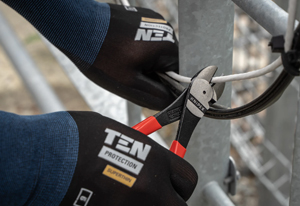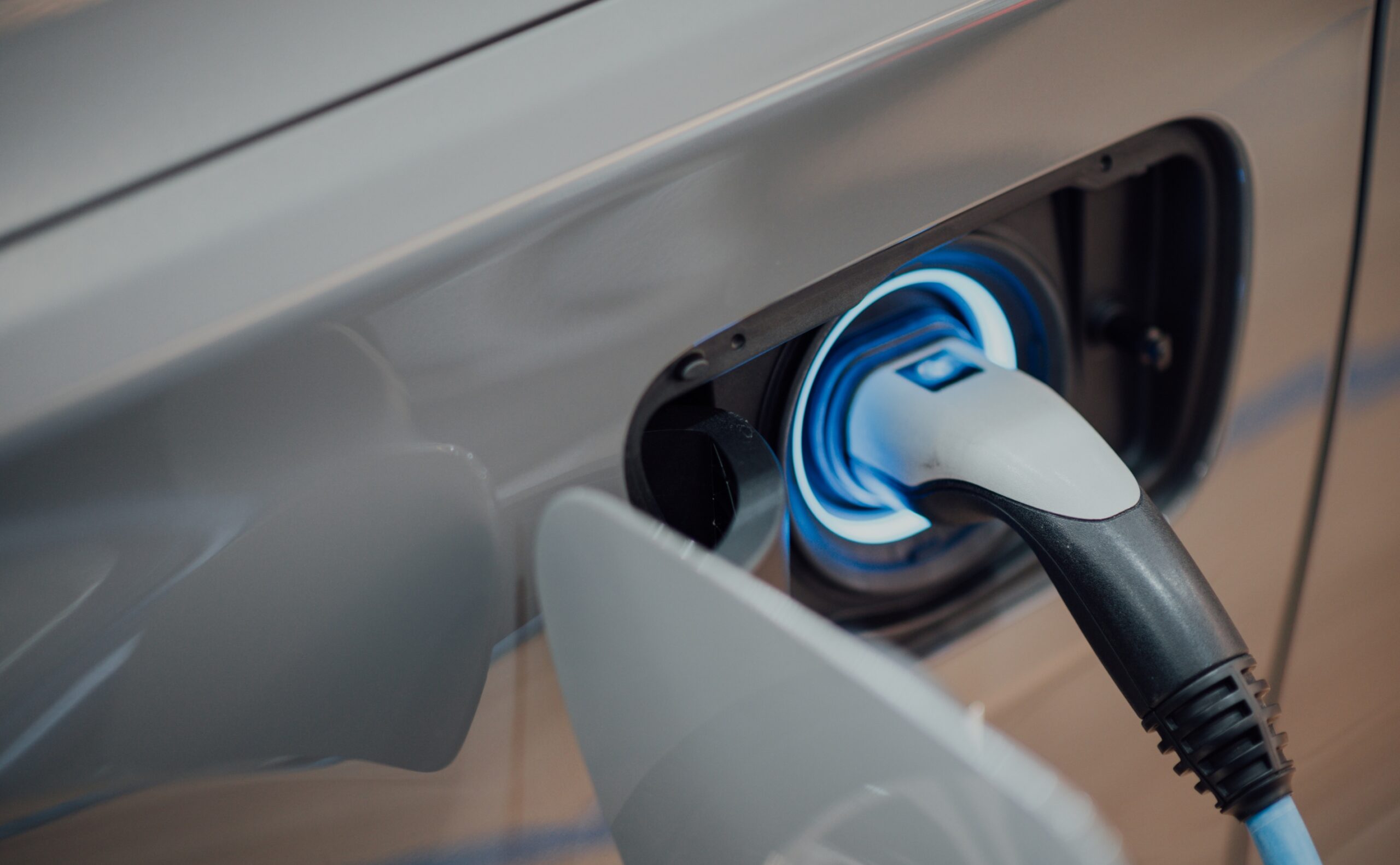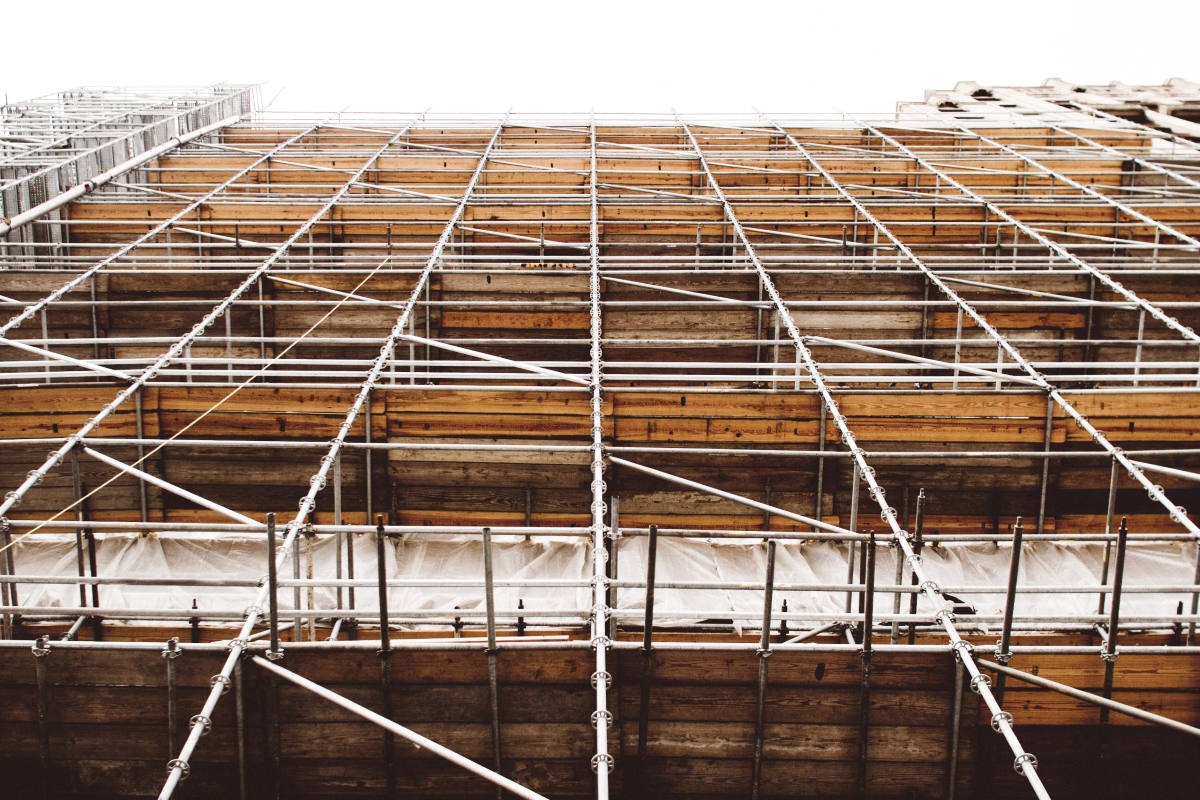 3-phase SPDs by Hager for BS7671 compliance
3-phase SPDs by Hager for BS7671 compliance
The 18th Edition of the BS7671 IET Wiring Regulations became the latest standard in electrical installations at the beginning of the year. Important to note is that with the 18th Edition, several key amendments to the requirements for surge protection were introduced.
At Kiasu Workforce, we want to help you understand these changes and get to grips with them quickly. This is why we have pulled together the key information you need to know about these important updates, so you know all the facts.
What is the BS7671?
Before we dive into what has changed with the BS7671, we need to understand exactly what it is in the first instance.
Published by the British Standards Institute and under the joint direction of the Institution of Engineering and Technology (IET) and British Electrotechnical Committee (BEC), the BS7671 is a non-statutory document.
So, although it is not legally required to be followed, many of the legislations regarding Electricity, Safety, Quality and Continuity Regulations 2002 and Part P of the Building Regulations 2010 refer to the BS7671 as the standard to be achieved. However, exceeding these requirements is always best.
Regarded as an ‘all-encompassing’ standard for electrical safety, you must keep up to date with the latest changes and updates made to the BS7671 for this reason.
Wiring Regulations Updates
In terms of wiring regulation updates to the 18th edition, there have been several revisions you should be aware of.
Chapter 53 of the BS7671, which covers Protection, Isolation, Switching, Control & Monitoring, has been completely revised.
Section 534 (Devices for Protection Against Overvoltage) focuses on the requirement for SPDs (surge protection devices) to protect against transient overvoltages. This section focuses mainly on the selection and erection requirements for SPDs protecting against transient overvoltages, as required by Section 443, the BS EN 62305 series, or as otherwise stated.
Given the small size of many of today’s sophisticated electronic components, protection from ever-smaller transient voltages is increasingly important. Transients usually originate from lightning strikes, transformer switching, lighting and motors. SPDs, therefore, prevent equipment downtime, network failures and reduced lifespans for components.
Guidance is provided to help engineers choose the appropriate level of voltage protection. Crucially, emphasis has shifted from assessing whether you might need SPDs to prove that you do.
Surge Protection Devices are now mandatory
To put it simply, now, any business that meets one of the following four criteria must no longer only carry out a risk assessment. It’s now mandatory to install the appropriate surge protection on new installations.
BS7671 Section 433.3 now states, “Protection against transient overvoltages shall be provided where the consequence caused by overvoltage affects results in:
- Serious injury to, or loss of, human life
- Interruption of public services and/or damage to cultural heritage
- Interruption of commercial or industrial activity
- It affects a large number of collocated individuals
In addition, any building fed via an overhead supply line will also require an SPD.
These criteria will apply across a vast spectrum of businesses. Any business where a transient overvoltage could interrupt commercial activity or public services must install surge protection.
Compliance and fixed wire inspections/testing
Finally, not all businesses will meet the above criteria. If not, a documented risk assessment is required as evidence if an SPD is not to be installed.
The latest regulations apply to all new installations. Regular fixed wire inspections and testing will be subject to and assessed for compliance with BS7671 IET 18th Edition.
Ensuring Expert Electrical Safety
If you’re concerned about your project or site meeting electrical safety standards, why not hand electrical responsibilities to us?
At Kiasu Workforce, we are proud to offer electrical works to various sectors and industries throughout the London area. Thanks to our expert and experienced electrical engineers, we can help you with all manners of electrical works, installations and repairs, and emergency electrician work.
All you have to do is get in touch today with our friendly team to find out how we can help you.
Contact our dedicated helpdesk on 0208 988 1662, or don’t hesitate to email us at enquiries@kiasugroup.co.uk.
Commercial Maintenance Projects
Kiasu Workforce offers a range of commercial property maintenance services that are carried out in-house, by our own directly employed facilities management and M&E facilities teams.





